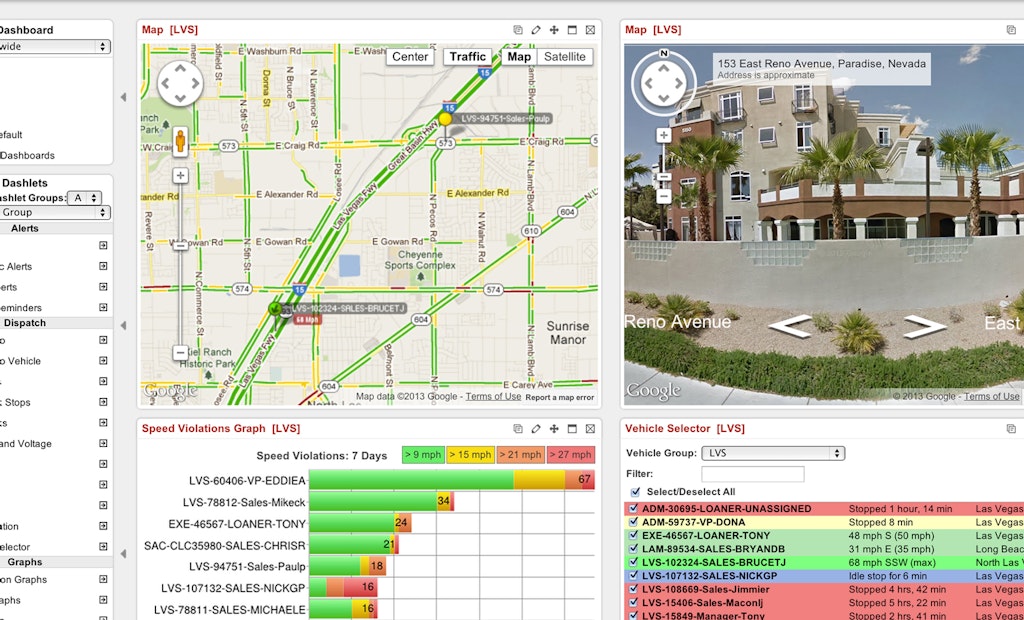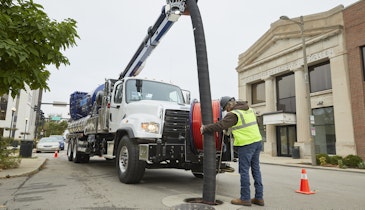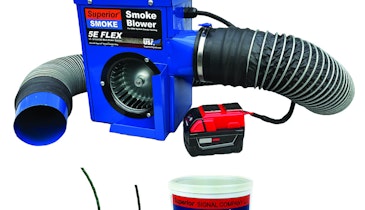
Interested in Trucks?
Get Trucks articles, news and videos right in your inbox! Sign up now.
Trucks + Get AlertsA recently conducted survey of fleet management executives across the United States by a GPS fleet and asset tracking firm identified the top challenges facing today’s fleets — fuel costs, equipment replacements and maintenance repairs.
Along with these specific challenges, there are many other hurdles facing today’s fleet industry. Fleet executives are looking to solutions, like GPS fleet tracking platforms, to help solve the most difficult business challenges, increase productivity and efficiency, improve customer service, and more.
GPS fleet tracking platforms can help solve issues facing fleet operations.
1. Reduce fuel costs
Excessive idling and speeding can increase fuel costs tremendously. GPS tracking can reduce idling, speeding and other reckless driving habits, which help control fuel expenses. Improved dispatching also helps lower fuel costs.
GPS tracking lets you view reports and send proactive alerts to minimize excessive idling and speeding. For instance, you might want to customize alerts to exclude power take off (PTO) idling when it is necessary to complete jobs. This way, you can see fuel and time wasted from true idle vs. working idle time.
Alerts and reports can also be used to reduce speeding, harsh braking, rapid acceleration, and any other reckless driving behavior that may not only be increasing fuel costs, but putting your crew and the public in danger.
Advanced dispatching within a GPS tracking platform provides accurate location data and identifies specific vehicles so you can choose the best and closest vehicle for a job. You won’t need to pick up the phone to ask a driver their current location or determine whether they have the right vehicle. Don’t waste time and increase fuel costs by sending a driver on the other side of town when you have the best vehicle for the job right down the street.
2. Equipment replacement
Replacing equipment can be incredibly costly, and without vehicle tracking you run the risk of replacing expensive equipment much sooner than needed. GPS tracking can help lower the expenses associated with equipment replacement by improving fleet performance, reducing run time and mileage, and preventing vehicle theft.
Fleet performance reports explain which vehicles are used the most frequently and which are underutilized. Over utilization will run down vehicles and could result in purchasing brand new vehicles sooner than necessary. By distributing fleet usage, you can extend the life of your vehicles. You may also find that there are vehicles that are not being used, are not needed, and can be cut from your fleet all together.
Unauthorized usage of vehicles increases wear and tear, run time and mileage, which will also mean buying new vehicles sooner. Monitoring unauthorized usage reports and alerts can help you ensure drivers are not using company vehicles for side jobs, excessive idling, or any other times they shouldn’t.
Unfortunately, sometimes vehicles are stolen, and purchasing replacements is expensive. GPS tracking can help you recover stolen property and reduce the chance of being held accountable for this expense. Real-time location information notifies you of a possible theft and identifies the exact location of stolen property.
3. Take control of maintenance
Preventive maintenance costs are much lower than reactive maintenance costs. As one of the top three challenges for fleet managers, maintenance is vital, and when neglected it increases the wrong type of expenses. Preventive maintenance used to be manual, time consuming and it wasn’t very accurate. GPS tracking provides an automated way to track maintenance and minimize overdue service.
Automated maintenance reminders save time and minimize manual logging of odometer readings. They also send accurate information instantly. This data lets you schedule service for your vehicles based on mileage, run time or dates.
There’s no doubt GPS fleet tracking can help reduce fuel costs and maintenance expenses and minimize equipment replacement. Get started researching the available options that best fit your operation and maximize your fleet.
About the Author
Jenny Malcolm is the marketing administrator for GPS Insight. She graduated from Arizona State University with a bachelor’s degree in communications and is responsible for external marketing communication for all business segments that GPS Insight targets.





